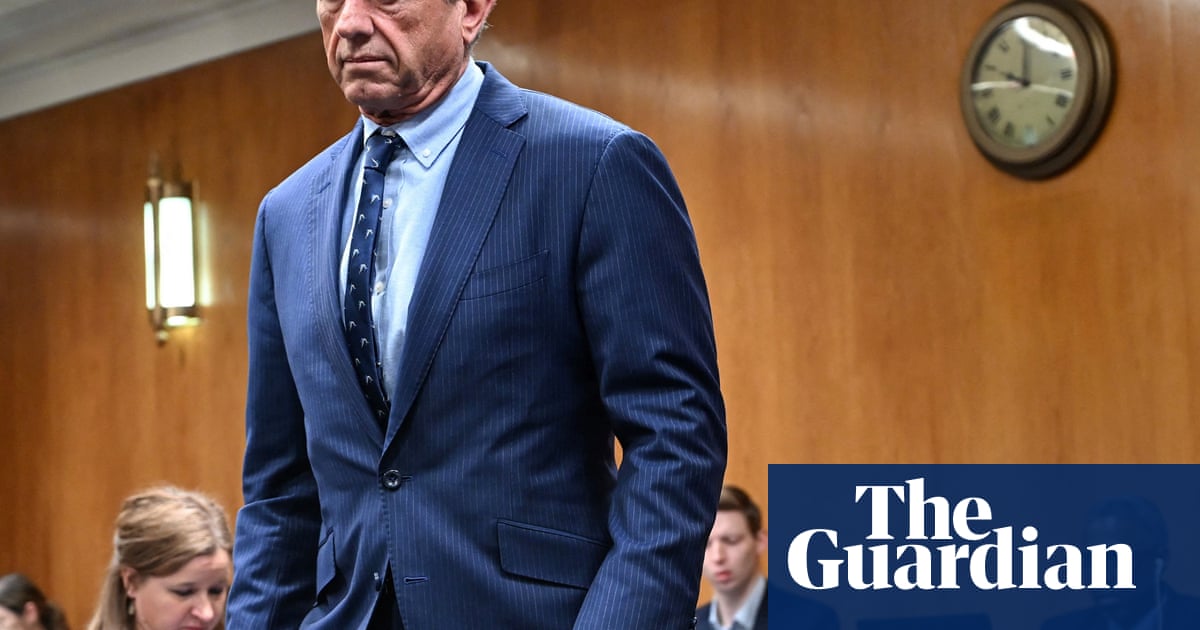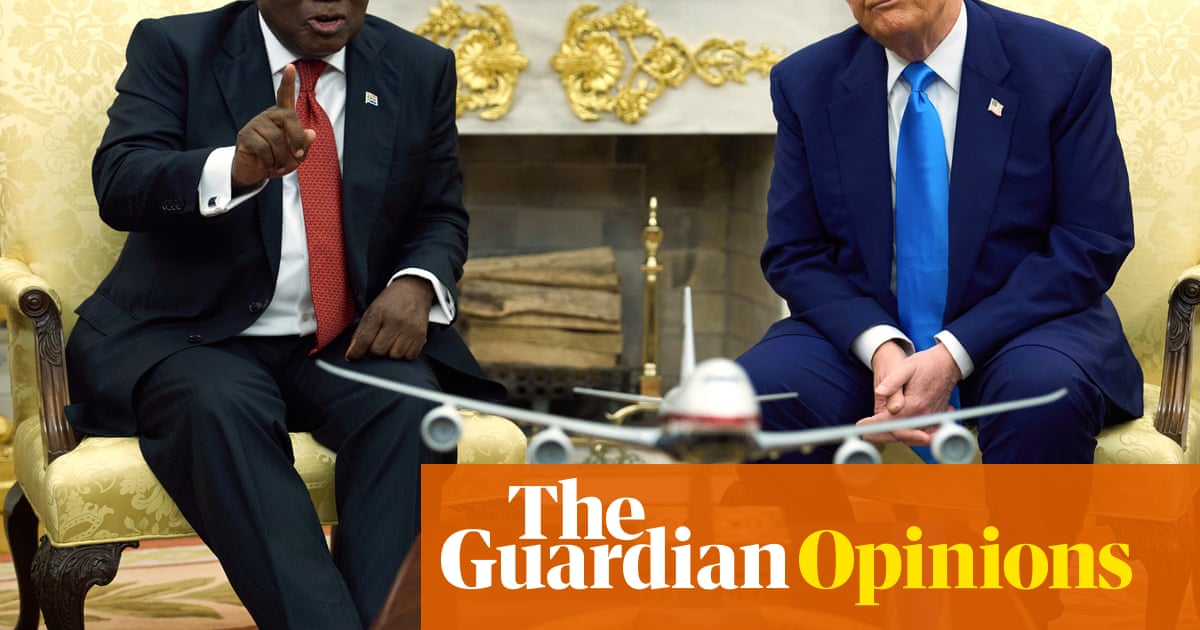Sir Keir Starmer’s U-turn on winter fuel payments did not just represent a policy reversal. It was the moment when the prime minister, elected on promises of national renewal, was forced to confront the political reality that his strategy had refused to acknowledge. It may also prove to be the moment he lost control.
The original policy, hatched in the Treasury and defended for months, had cut winter fuel payments, worth up to £300 annually, to millions of pensioners. It was unpopular, and unnecessary. Local election losses and a looming backbench revolt over disability benefit cuts made it politically toxic. The result? On Wednesday, Sir Keir reversed course at the dispatch box – with his chancellor, Rachel Reeves, notably absent. Too little, too late: voters saw delay; activists cried betrayal.
This wasn’t just a policy slip. It was a strategic, ideological and sociological misfire. The Labour leadership had convinced itself that its electoral base was composed not of university-educated social liberals and younger renters – key to its election-winning coalition – but of Reform-curious, socially conservative voters yearning for fiscal discipline and border control. That misreading, fuelled by factional folklore and backed up by the Labour MP Luke Akehurst, a key figure among the party’s centre and right, was always a mirage. Most Reform UK voters are not Labour’s to win back. They are largely embedded within a “right-Conservative” bloc, as noted by Manchester University’s James David Griffiths. Chasing them means alienating Labour’s base.
That appears to be happening. Sir Keir recorded the lowest net favourability of his spell as Labour leader in May. And now, with U-turns piling up, the story has acquired another dimension: a cabinet revolt. A leak blew open the ideological rift between Ms Reeves and the deputy prime minister, Angela Rayner. The latter’s memo to Ms Reeves, proposing tax rises on the better-off instead of cuts to meet self-imposed fiscal rules, revealed the schism.
This is not just about tax policy. It is a flashpoint in the struggle over Labour’s identity. Ms Rayner represents a politics grounded in contemporary Britain: professional, socially liberal, economically redistributive. Ms Reeves represents a cautious centrist revivalism that imagines Britain as it was in 1997. But this isn’t Blair’s Britain any more. The electorate is more middle class, more educated and more diverse. The realignment is done. Labour’s survival depends on recognising it.
Labour’s centrist power brokers are fighting the last war – not against the Tories, but against Jeremy Corbyn. The party risks joining Europe’s centre-left casualties – triangulating through turbulence with a broken political compass. If Labour continues to ignore electoral bloc dynamics and strategic coalition-building, it will cede ground to both the left and the populist right.
Meagre public sector pay awards suggest Labour won’t budge – yet. But its economic strategy is running out of road. A pivot is possible: towards tax fairness, green investment, a new language on immigration, electoral reform, ending austerity and rebuilding trust with the young urban voters who put Labour in power. But it should be decisive. Sir Keir must lead a government of transformation, not Tory-lite continuity. If he won’t shift course, “stepping up” may soon look just like standing in the way. The winter fuel fiasco wasn’t only a tactical error – it exposed Labour’s flawed view of the electorate. And voters, inconveniently, noticed.
-
Do you have an opinion on the issues raised in this article? If you would like to submit a response of up to 300 words by email to be considered for publication in our letters section, please click here.

 4 hours ago
5
4 hours ago
5

















































